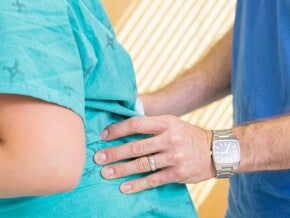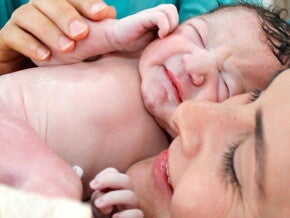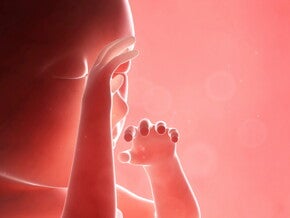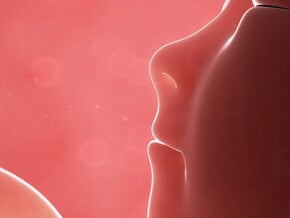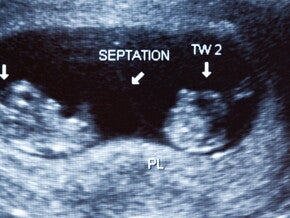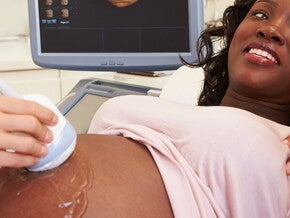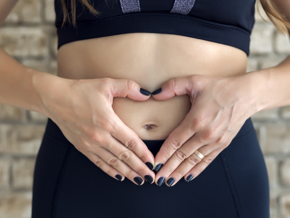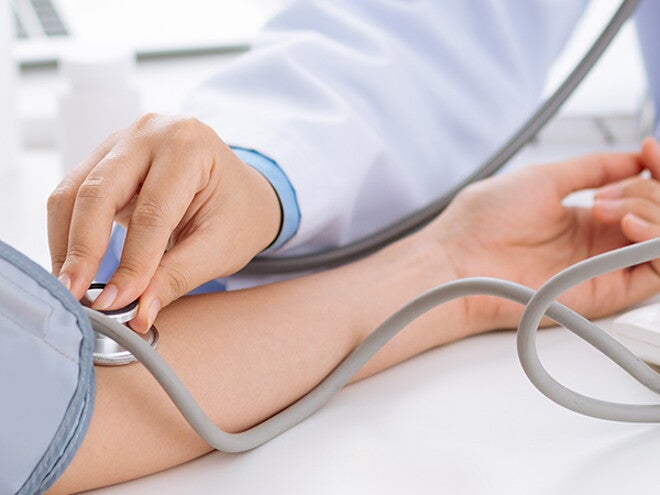
A complete physical examination will be done and nutritional information given. If appropriate, genetic counselling will be offered.
Your caregiver may carry out the following tests and examinations:
Pelvic examination
- Confirm pregnancy.
- Estimate size of uterus.
Pap smear, vaginal swab
- Test for vaginal infections.
Blood tests
- Determine blood groups and Rh factor.
Rhesus (Rh) factor is an inherited trait that refers to a specific protein found on the surface of red blood cells. If your blood has the protein, you’re Rh positive. If your blood lacks the protein, you’re Rh negative. Although Rh factor doesn’t affect your health, it can affect pregnancy. Your pregnancy needs special care if you’re Rh negative and your baby’s father is Rh positive.
- Haemoglobin test – for anaemia.
Haemoglobin is a protein in your red blood cells that carries oxygen to your body’s organs and tissues and transports carbon dioxide from your organs and tissues back to your lungs.
If a haemoglobin test reveals that your haemoglobin level is lower than normal, it means you have a low red blood cell count (anaemia).
- Test for German measles (Rubella) immunity.
The rubella test is used to:
Confirm the presence of adequate protection against the rubella virus (immunity).
Verify that all pregnant women and those planning to become pregnant have a sufficient amount of rubella antibodies to protect them from infection.
- Test for syphilis and HIV in pregnancy.
Syphilis is a bacterial infection usually spread by sexual contact. The disease starts as a painless sore – typically on the genitals, rectum or mouth.
HIV weakens the immune system by destroying important cells that fight disease and infection.
- Confirm pregnancy.
Urine tests
- Confirm pregnancy (modern home urine tests are very accurate).
- Test for infection.
- Test for protein – for renal dysfunction, infection.
- Test for sugar – for latent diabetes.
Routine tests you can expect at every visit
- Weight check.
- Blood pressure.
- Urine analysis for proteins and sugars.
- Abdominal examination to determine the progression of the pregnancy and the growth, position and size of the foetus.

